Please read the lesson material below and answer the questions for the lesson. Don't forget to include your contact information so we can review your answers and respond to your comments or questions. If you make at least 60%, you should continue onto the next lesson. Otherwise, please review the material and try again. You need to average at least 70% to pass the course. We will contact you via email within a few days of receiving your answers.
Can We Believe the Bible?
Miracles and Divine Revelation

Our purpose in these studies is to discuss whether modern, 21st century man can still believe the Bible. In an age of science and industry, marked by extraordinary advances in all fields of learning, is it reasonable for a person to be guided and influence by such an old book as the Bible?
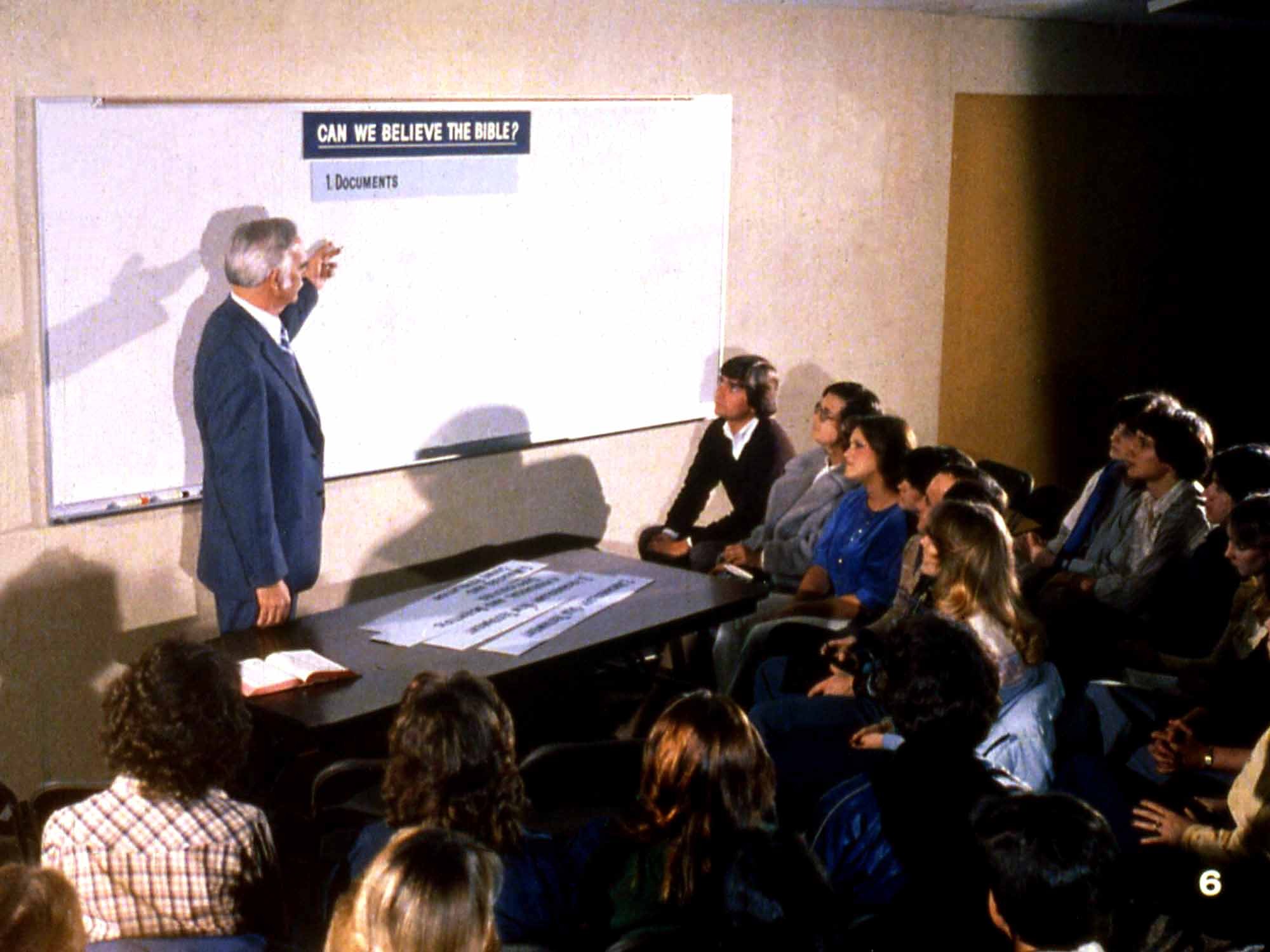
So far we have seen that there are many good reasons to believe the Bible. The documents were written at a close time to the people and events of which they speak. And the thousands of manuscripts, copied over many centuries and in many parts of the world, show that there have been no major changes to the original Bible texts.
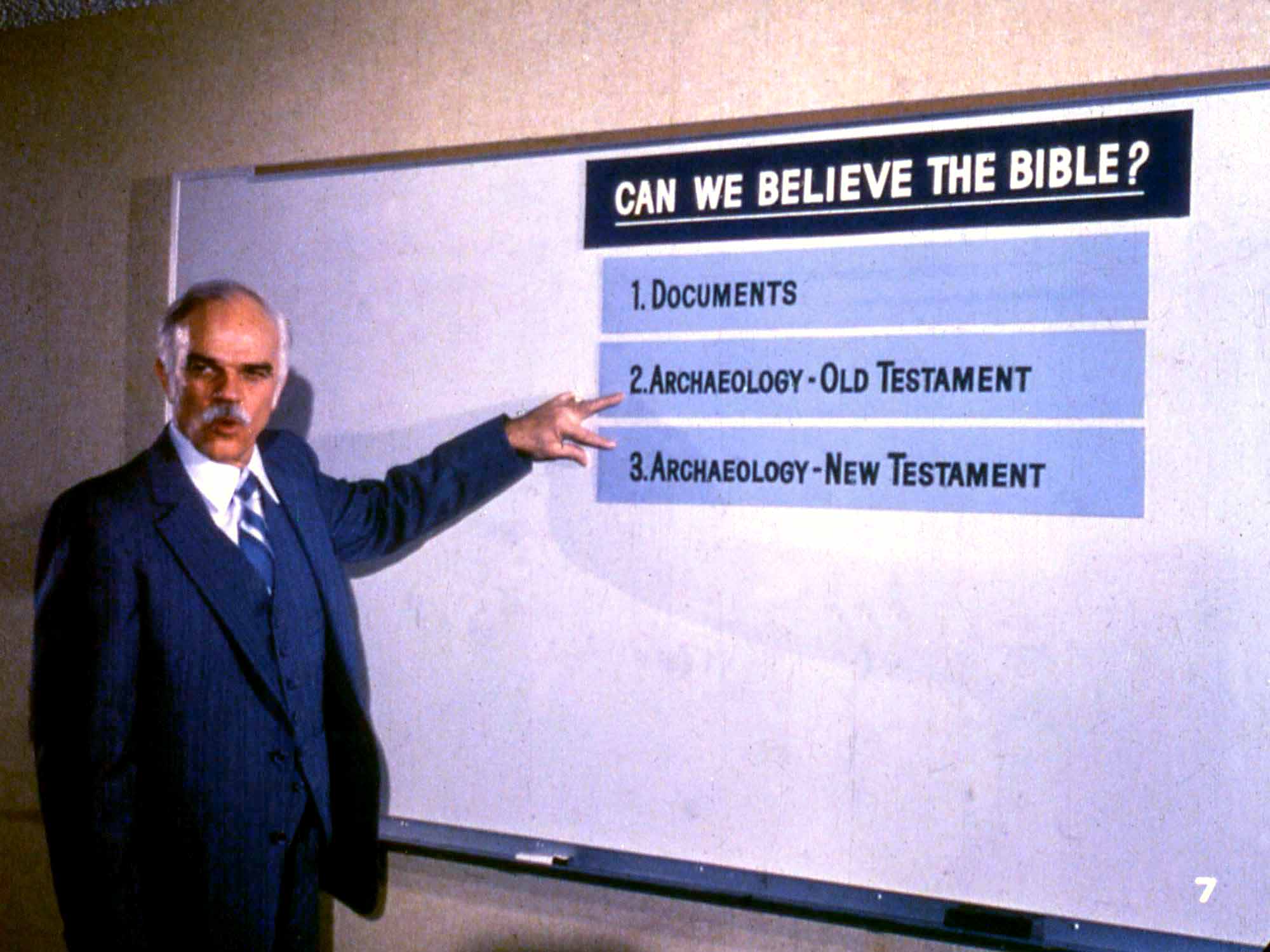
We have also seen that, even though the evidence from archaeology is somewhat fragmentary, it still confirms and clarifies the Bible record of both Old and New Testaments at many different points. It is really true to say that the Bible stands in the center of history.
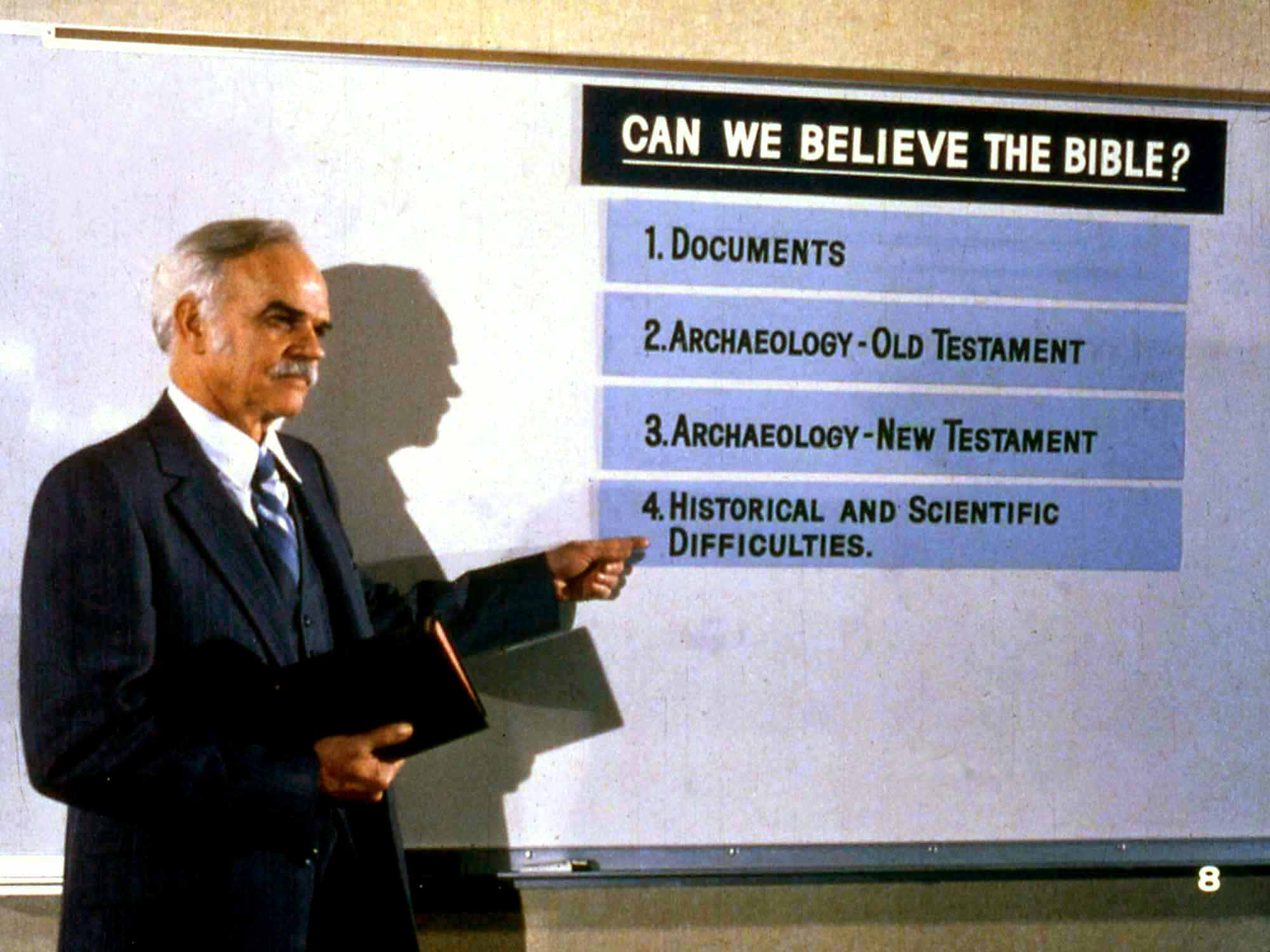
In our previous lesson we talked about “Historical and Scientific Difficulties”. There are difficulties that people have with the Bible and they should not be avoided or ignored. They should be carefully examined and studied patiently.
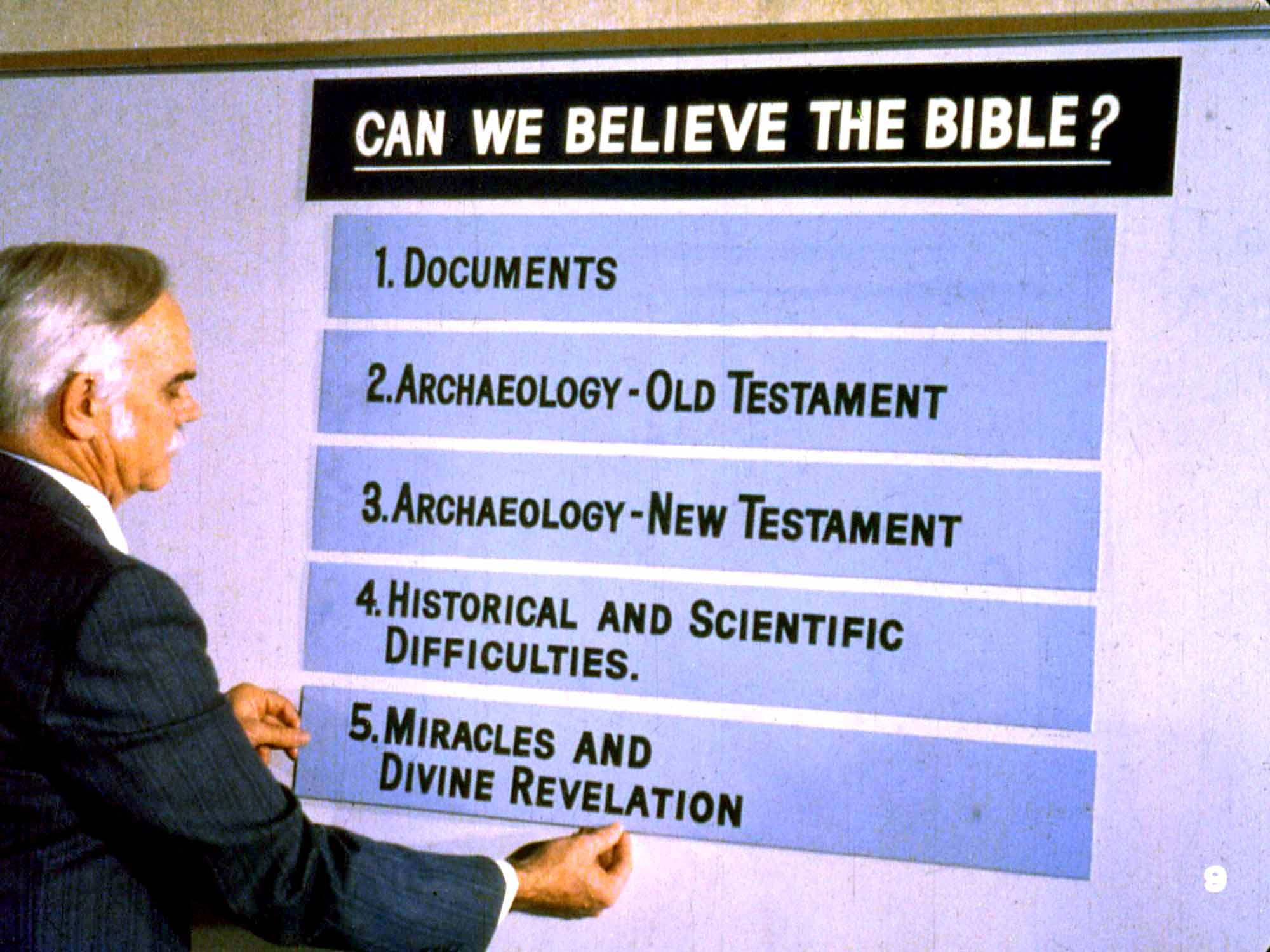
One objection people often make is that Bible reports many things that, to some people, are not likely and even seem impossible. Some people say that the Bible cannot be true because it tells about miracles and talks as if those miracles actually happened. This lesson will focus on “Miracles and Divine Revelation.”

What is a miracle? A miracle is not just an unusual thing like the aurora borealis in Antarctica or an unnatural incident. A miracle is an extraordinary thing that goes beyond all human power to perform or to explain. A miracle is something that, today, we would call supernatural. We must be very clear on this point because sometimes we use the word miracle in another way to show a sense of a wonder or a marvel.

We might say that it was a miracle for a certain basketball team to win the game. Or that Michael Jordan made a miracle shot. Or that, with all the traffic, it is a miracle that you were on time for work today.
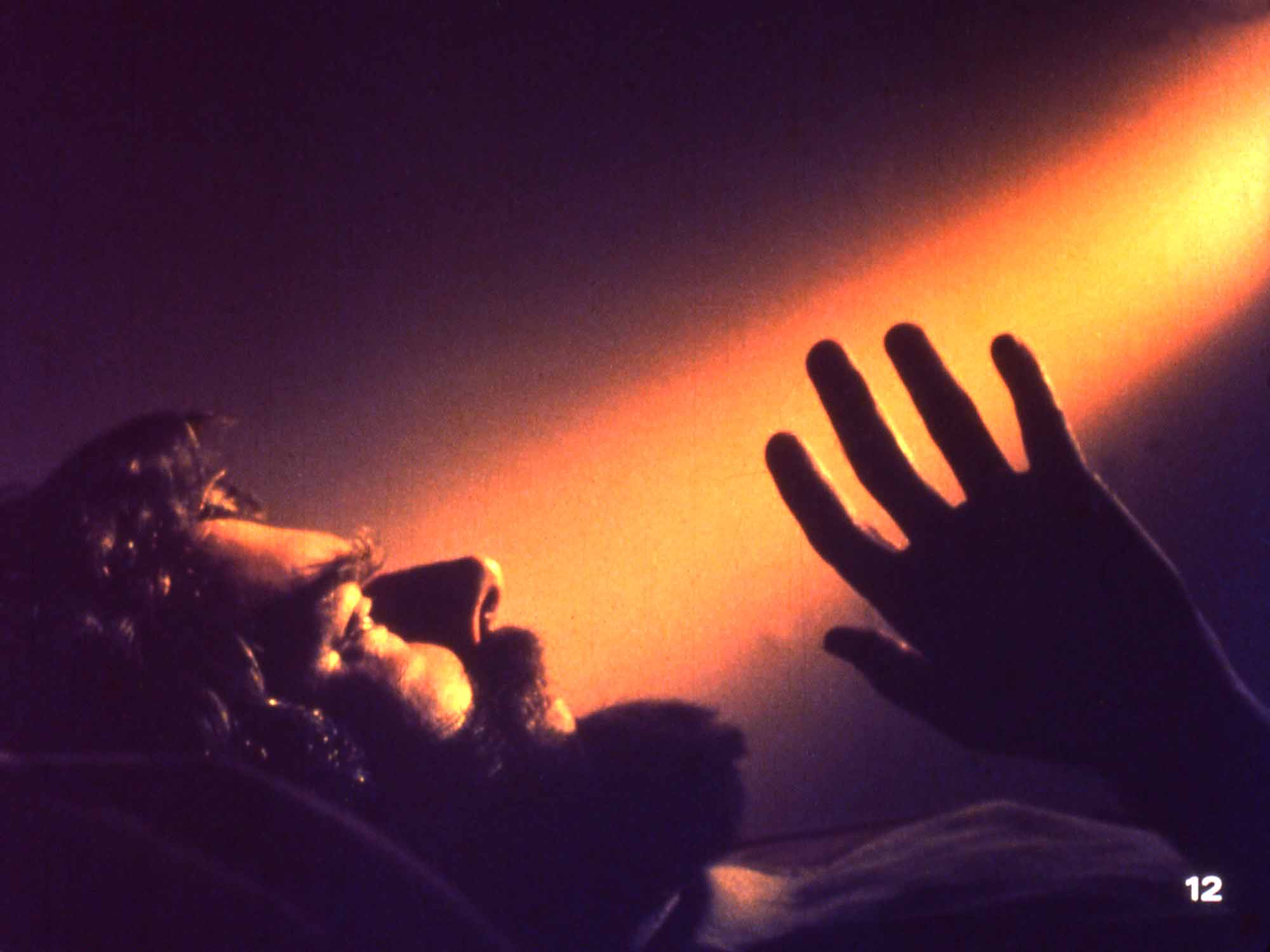
But in the Bible when a miracle happens, it is God himself who is responsible. It is God who acts in a special way and performs this extraordinary thing. This of course is the difficulty that some people have with this concept. If a person does not believe in the God who created and sustains the universe then they will not believe the miracles He did that are recorded inside the pages of the Bible.

Some people believe in God but still question the possibility of miracles. It is said that God works according to the laws of nature and nothing has ever happened that contradicts these laws.
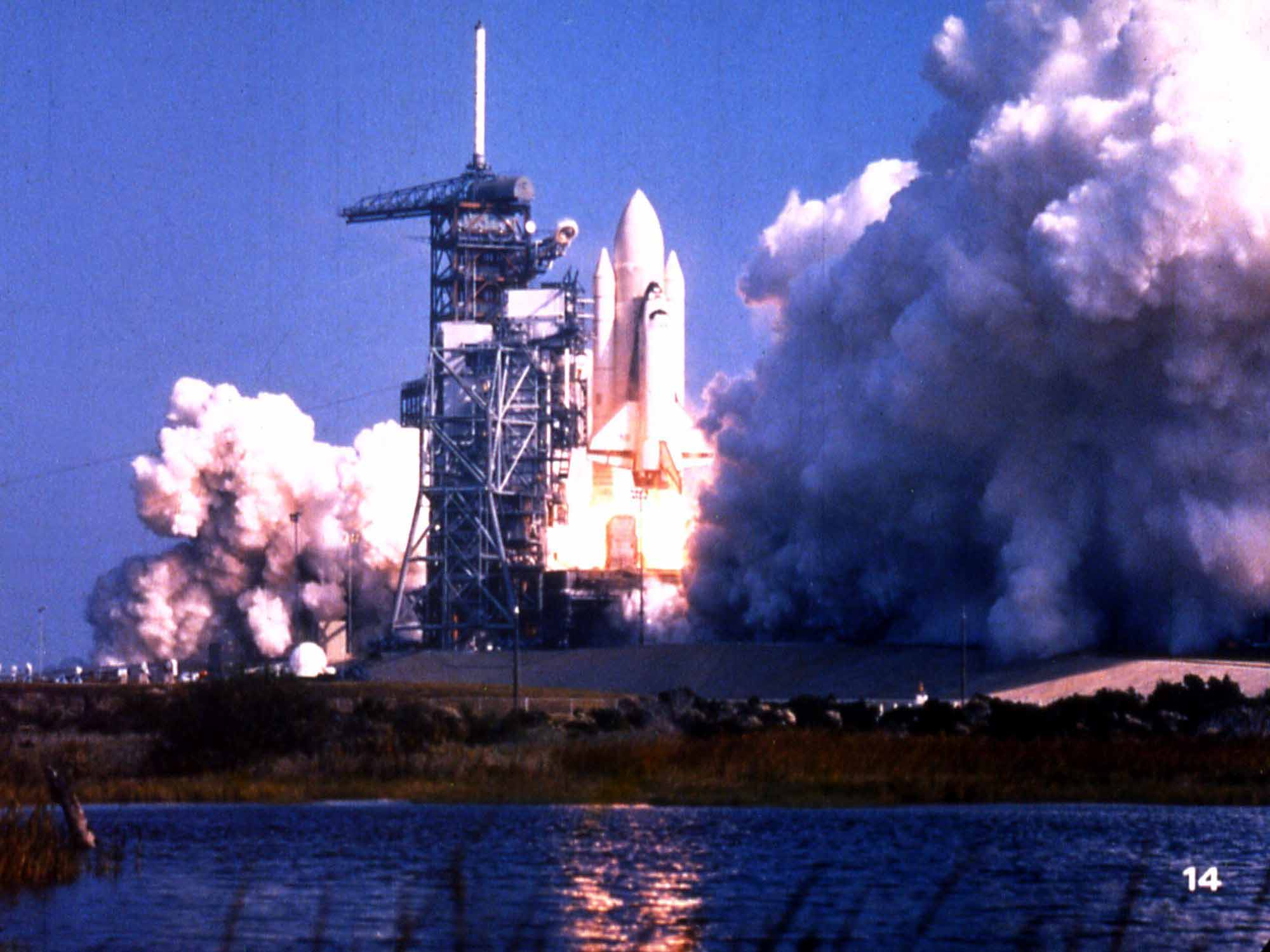
But what are these “laws of nature”? The laws of nature do not actually control things in nature. They are merely descriptions of the way that forces of the universe act as far as man has observed. Basically, a person's understanding of how the “laws of nature” work go back to the kind of God that they believe in. Do the laws of nature control nature or are the laws of nature subject to the God who created all nature? The point is that miracles should not be simply dismissed as impossible. Impossible is a relative term. Until recent years it was thought impossible for a human to orbit the earth, much less walk in space.

The technological progress even in the last 100 years show that it is unreasonable and unscientific to disregard something just because we think it is “impossible”. Whether an event has occurred must be decided on the basis of evidence. In the same way, miracles are a matter of evidence. Let us look now at some of the evidence.
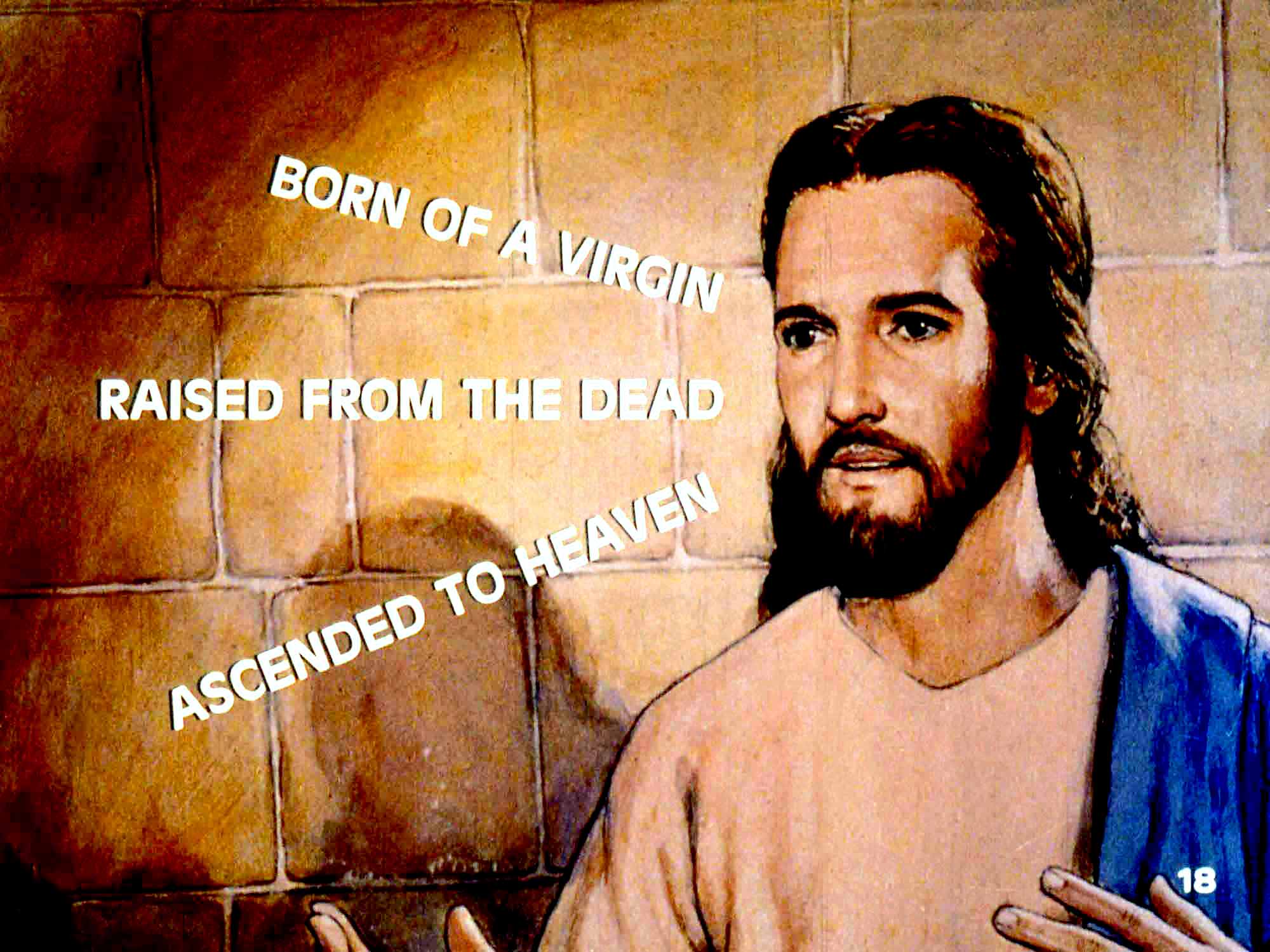
The strongest case for miracles is from the New Testament, specifically from the life of Jesus. According to the Bible, Jesus was born from a virgin, was crucified and raised from the dead 3 days after his crucifixion. He was seen alive by his disciples for 40 days after his resurrection and then he went up to heaven. These events in the life of Jesus were truly miraculous. Besides this, during Jesus’ ministry, he performed many miracles. He himself sent a message to John the Baptist saying, “Go and tell John what you hear and see: the blind receive their sight and the lame walk, lepers are cleansed and the deaf hear, the dead are raised up and the poor have the good news preached to them.” (Matthew 11:4-5, Luke 7:22)
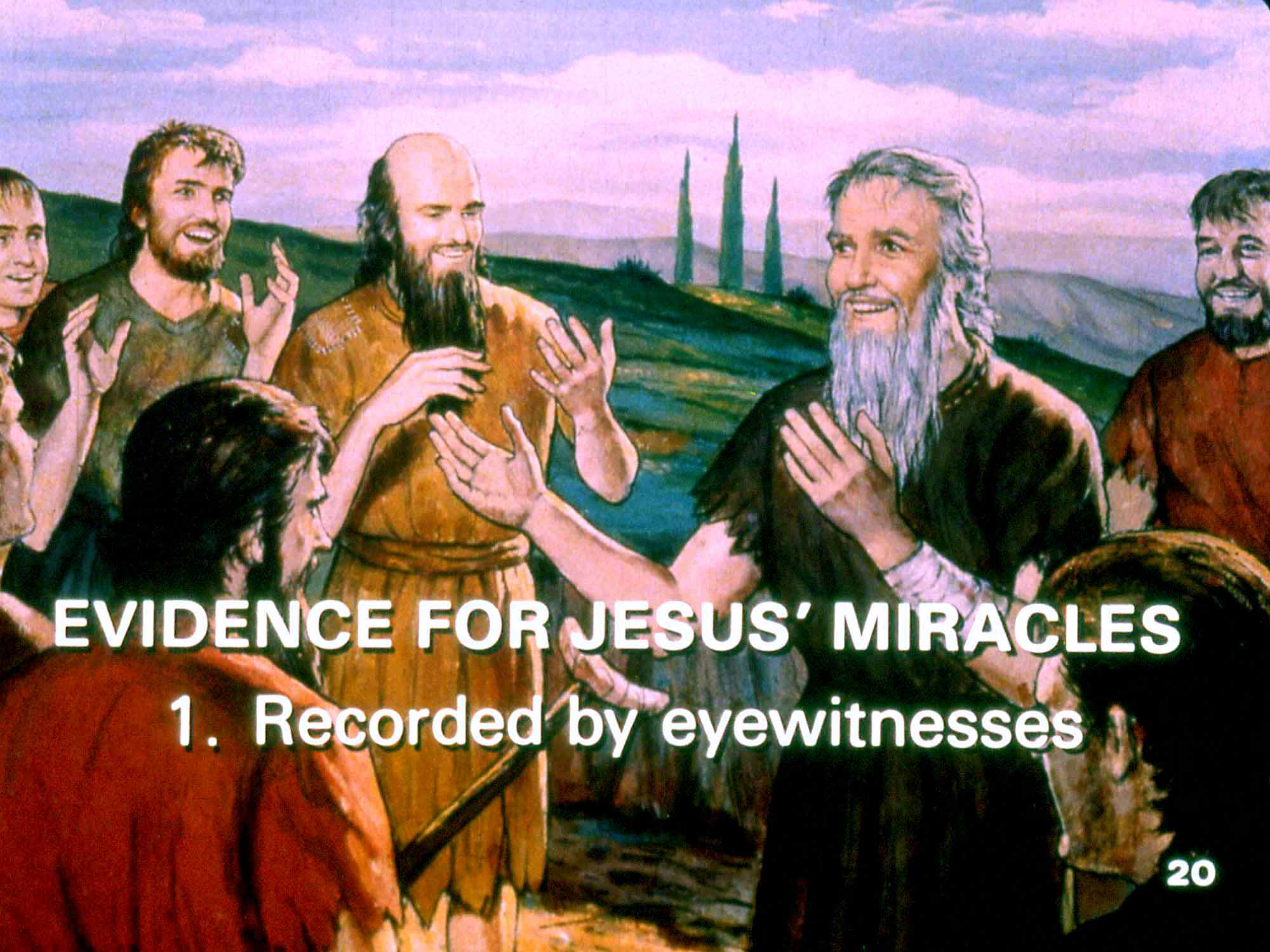
What evidence is there that these things really happened? We will look at five types of evidence. First, it should be remembered that the various accounts of Jesus’ activities come from people who were living at that time and who saw these things happen. Matthew and John and James and Peter and many others actually saw Jesus do these things. In one of his letters Peter writes “… we did not follow cleverly devised myths when we made known to you the power and coming of our lord Jesus Christ, but we were eyewitnesses of his majesty.” (2nd Peter 1:16) Peter then talks about the events of Jesus’ transfiguration and of God’s voice which certified Jesus. And Peter adds “…we heard this voice borne form heaven, for we were with him on the holy mountain.”(2nd Peter 1:18)
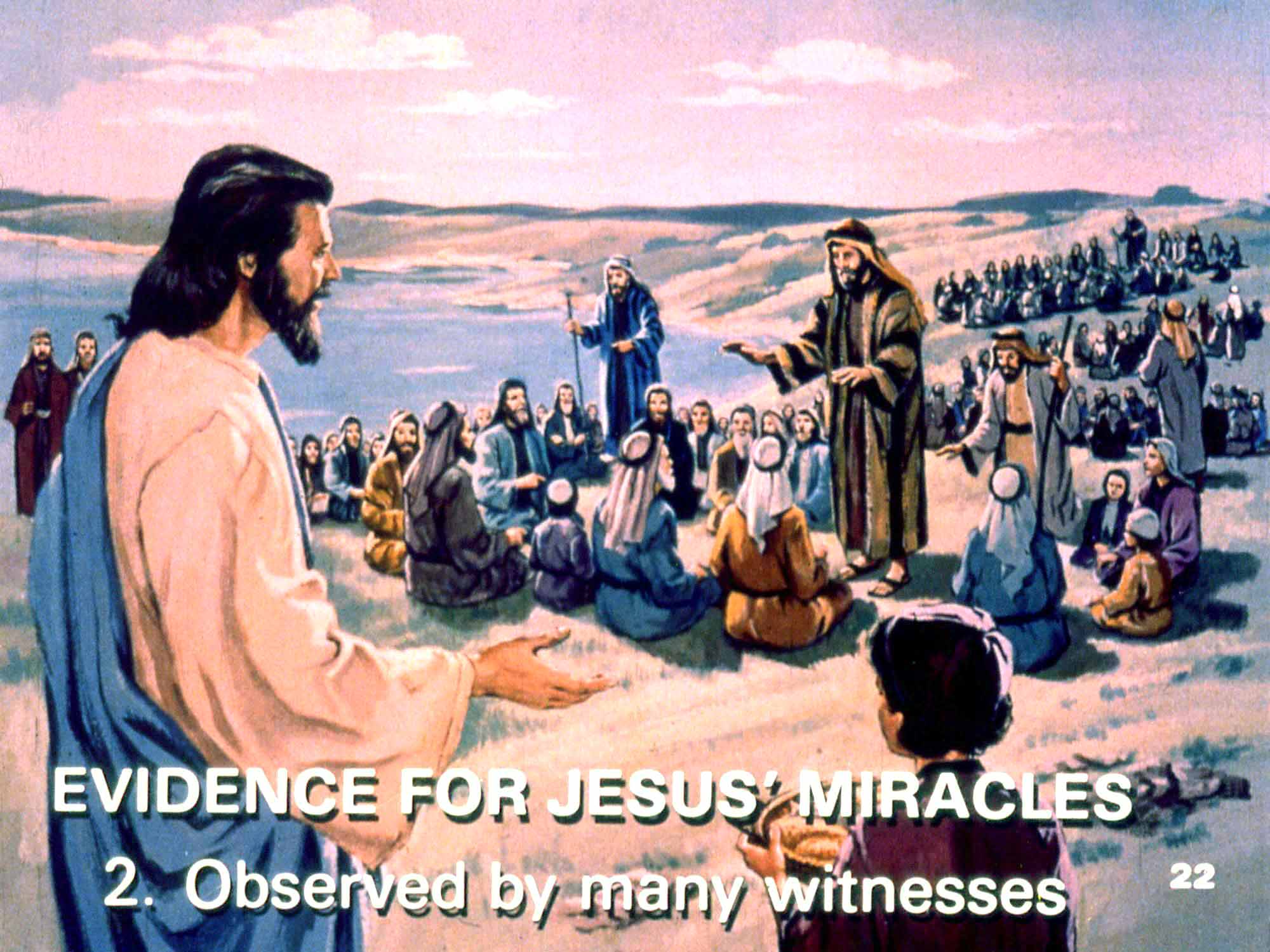
Second, almost all of Jesus’ miracles were seen by many witnesses. They were done in public places, often with many, many people around. There was every opportunity to investigate the miracles on the spot.

Third, Jesus’ miracles were not denied by his enemies. Jesus was often attacked by the Jews, but in all their attacks they never tried to deny or to dispute the fact of his miracles. If His enemies could have disproved them then they definitely would have done so.
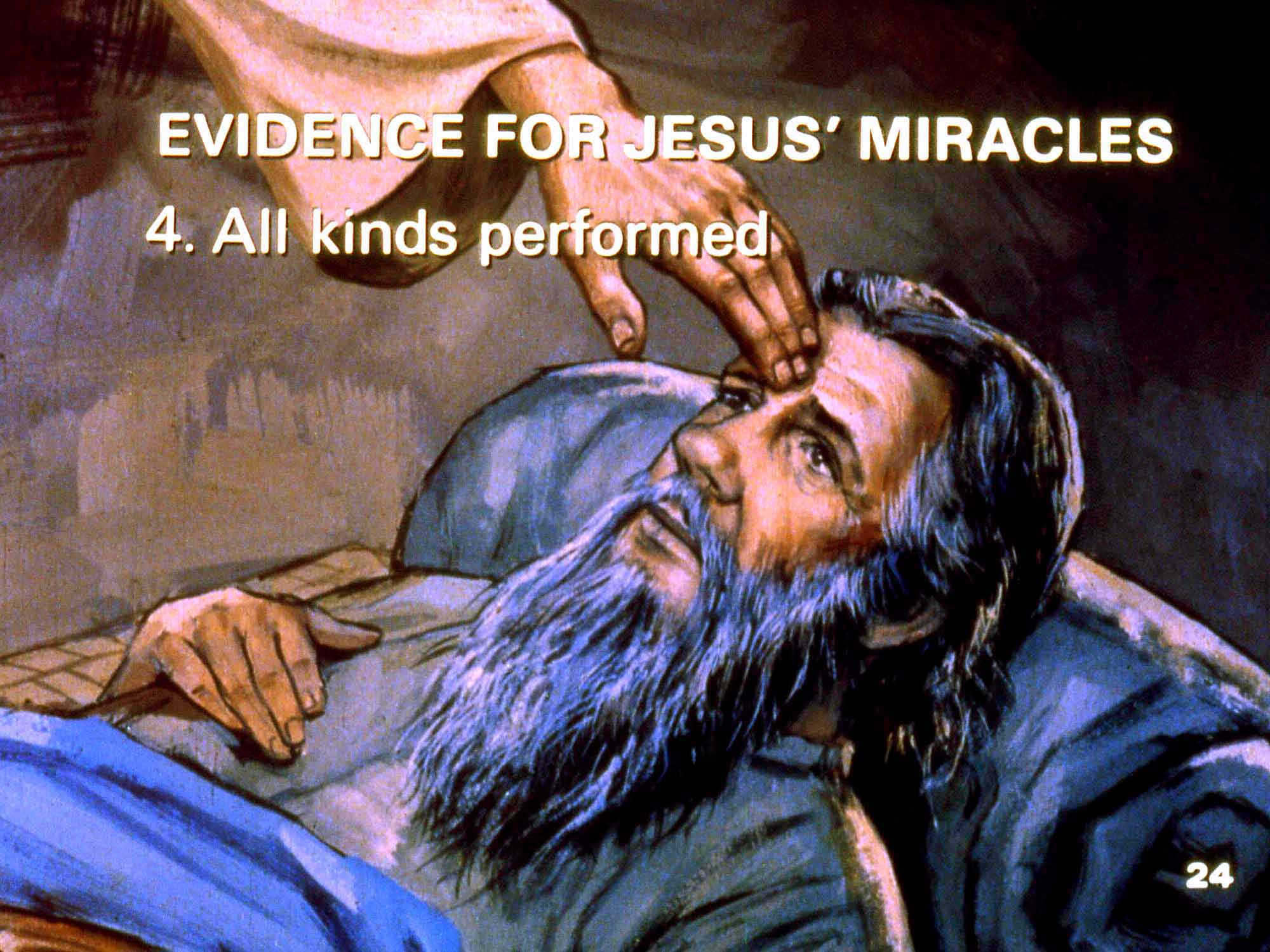
(9) Fourth, there were many kinds of miracles Jesus did. He healed the blind, the sick, the cripple and even raised some from the dead! Jesus was also not picky about the people he helped. He healed all who needed healing, Matthew 12:15 states simply, “…and many followed him and he healed them all.”
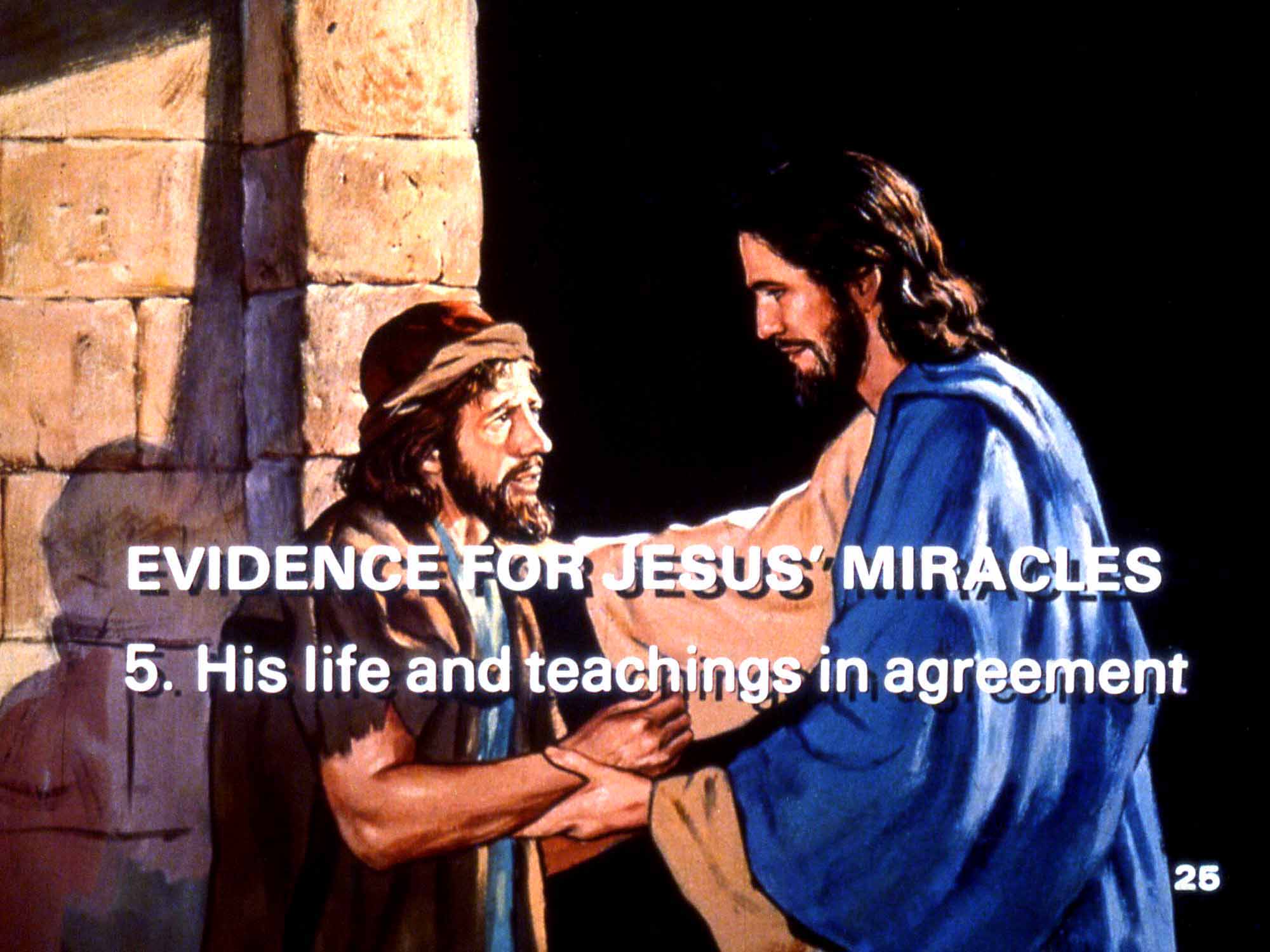
Fifth, these miracles were performed by a man whose life and teachings were in agreement with the miracles he did. He did good through his miracles and he lived and taught a life of goodness. This is also the case with his apostles.
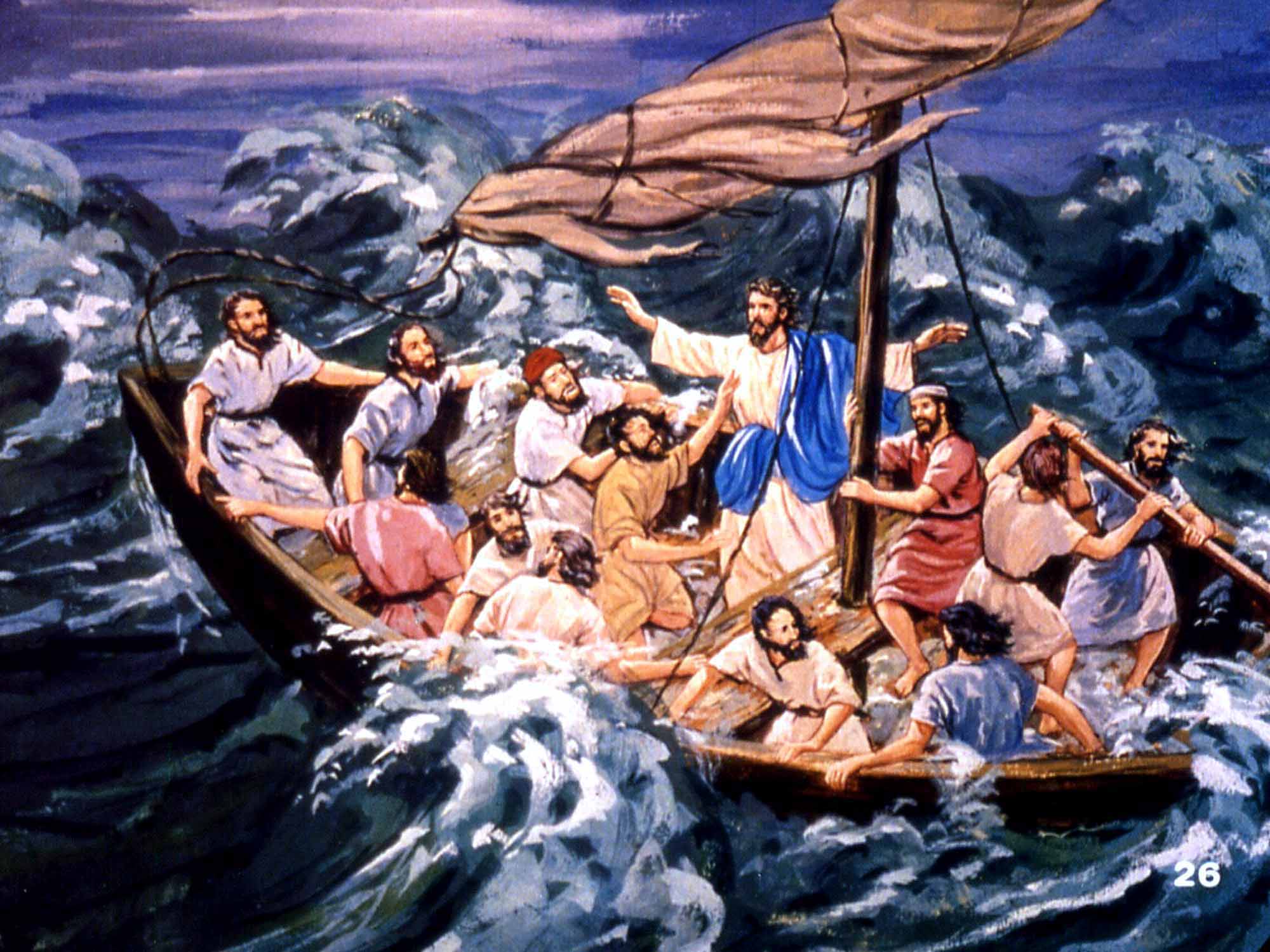
In John 20:30-31, John writes, “Now Jesus did many other signs and miracles in the presence of his disciples which are not written in this book. But these are written so that you may believe that Jesus Christ is the son of God and that by believing you may have life in his name.”

Miracles are often called “signs”, but what were these miracles signs of? Hebrew 2:4 and Acts 2:22 tell us that God did these signs through Jesus and the apostles to show that God was with them.
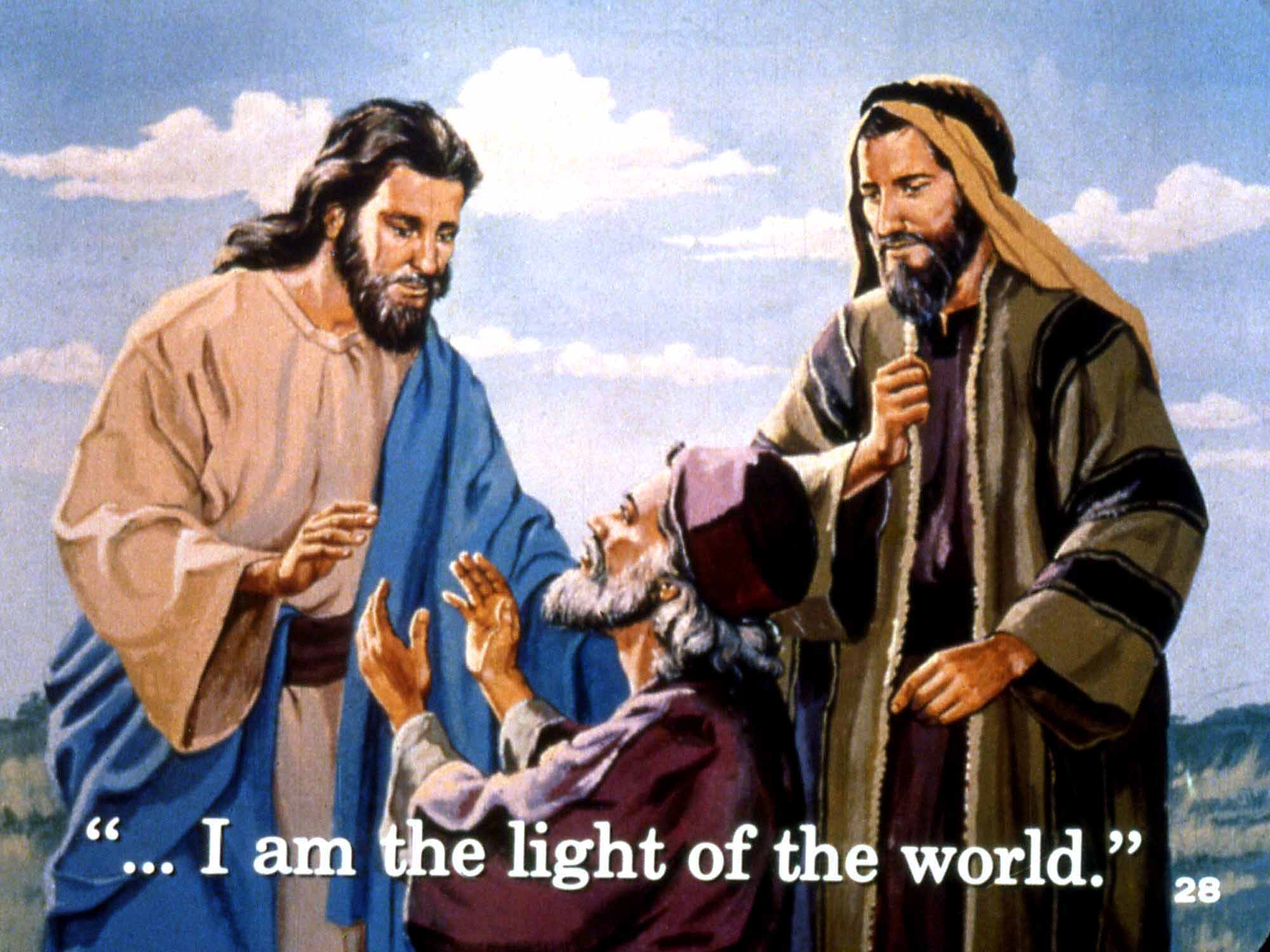
Jesus once opened the eyes of a blind man who had been blind since he was born. As he was about to heal the man, Jesus said “As long as I am in the world I am a light in the world.” (John 9:5) The healing of the blind man was also a sign that Jesus came from God.
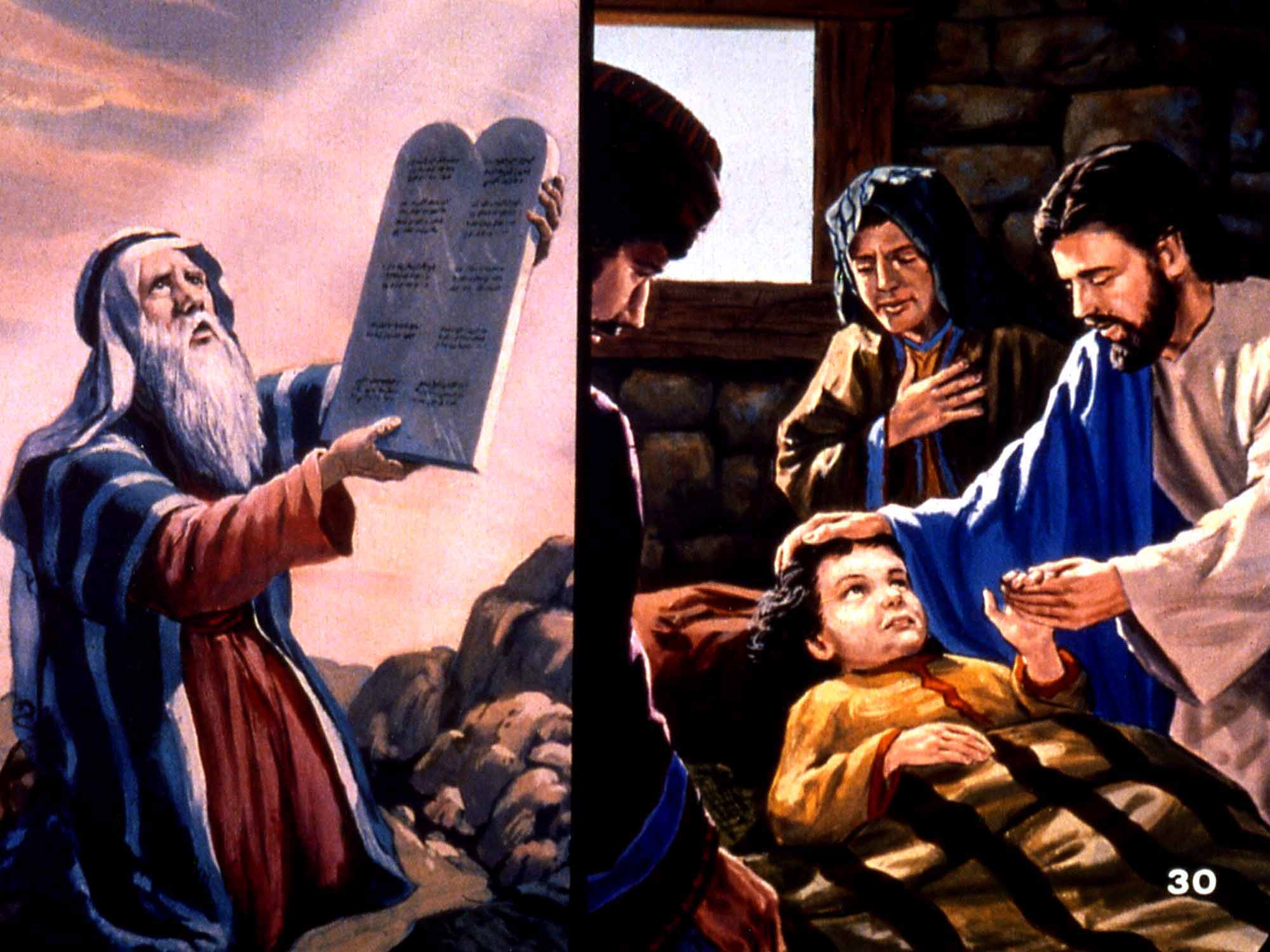
Miracles are not just scattered throughout the Bible. And they are not performed by just any one or everyone. In the Old Testament, miracles are done by Moses and the prophets and in the New Testament by Jesus and his apostles.
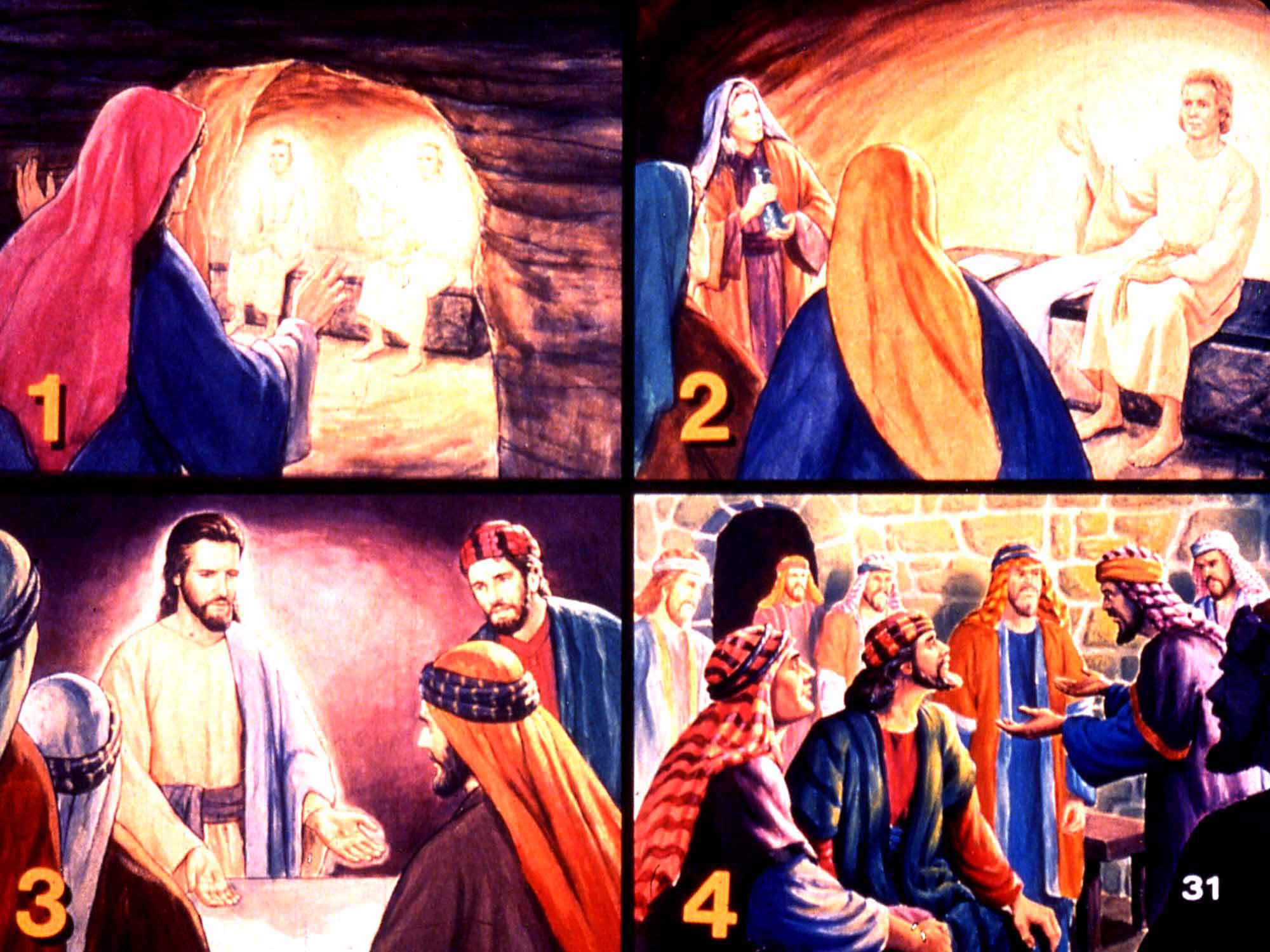
So, the evidence for the miracles of Jesus is good. The strength of the evidence can be seen by looking at some of the evidence for the resurrection of Jesus:
1) The empty tomb on the 1st day of the week
2) The undisturbed grave clothes in the tomb
3) The many appearances of Jesus after his resurrection
4) The remarkable change in the lives of his disciples
These all make it seem that this resurrection really happened and also shows us what a special person Jesus was. The best evidence for these miracles is Jesus himself.
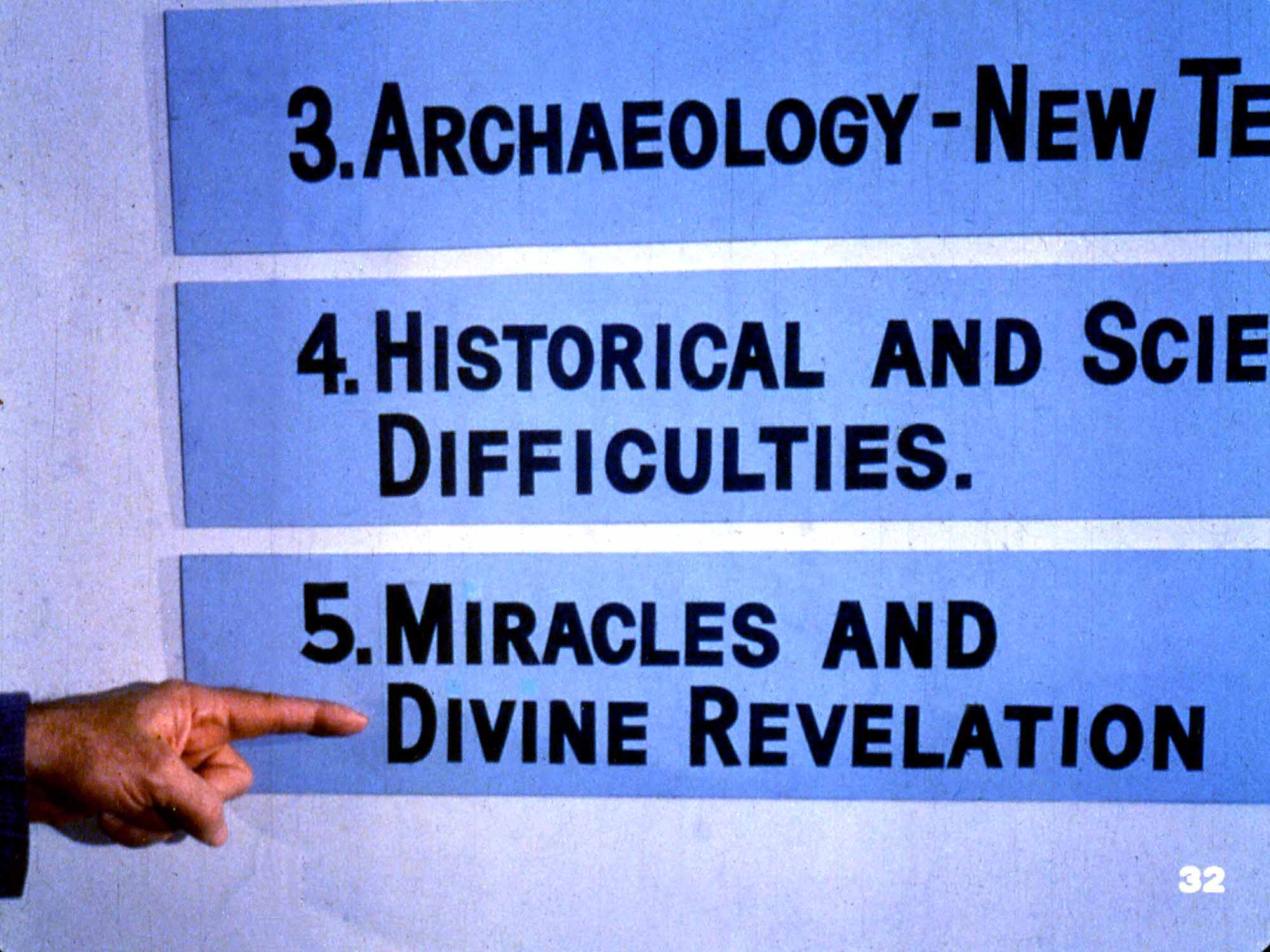
Good evidence exists that gives us a reason to believe what the Bible says about miracles. This is also the case for believing in divine revelation.
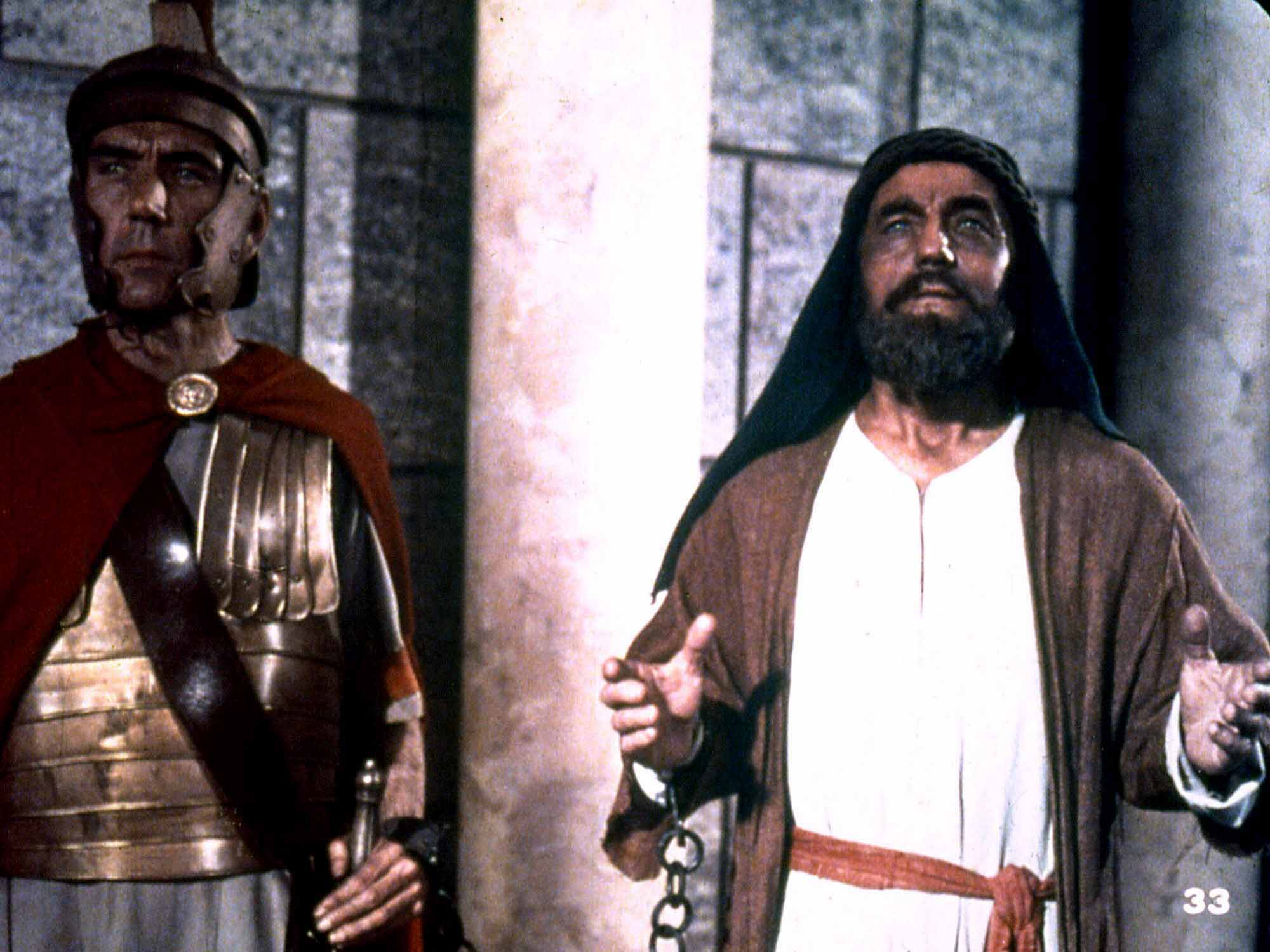
With regards to divine revelation, an important question today is what was also asked by the Apostle Paul when he made his defense before King Agrippa. Paul asked “Why is it thought incredible by any of you that God raises the dead?” Indeed, resurrection is not something we think possible unless it is by the power of God.

Now, let us ask another question that is similar to what Paul asked. Why should it be incredible that God would reveal himself to mankind? Why is it considered unreasonable that God would even speak and make His will known to mankind?

One logical fact about the Bible is that God must reveal who He is before man can know Him. Paul says that the God is, “The King of kings and Lord of lords” and the one, “who alone has immortality and dwells in unapproachable light, whom no man has ever seen or can see.” (1st Timothy 6:15-16)

Isaiah 55:8-9 says, “As the heavens are higher than the earth, God’s ways and thoughts are higher than man’s ways and thoughts". Romans 11:33-34 says, "Man cannot find out the deep things of God. It is God who must reveal himself to man".

The universe itself is one of the ways that God has revealed Himself. For the people that can see it, “The heavens are telling the glory of God; and the firmament proclaims His handiwork.” (Psalms 19:1) The universe shows the existence of God but God has spoken even more clearly in other ways. He has revealed Himself to man through His deeds and also through His words.
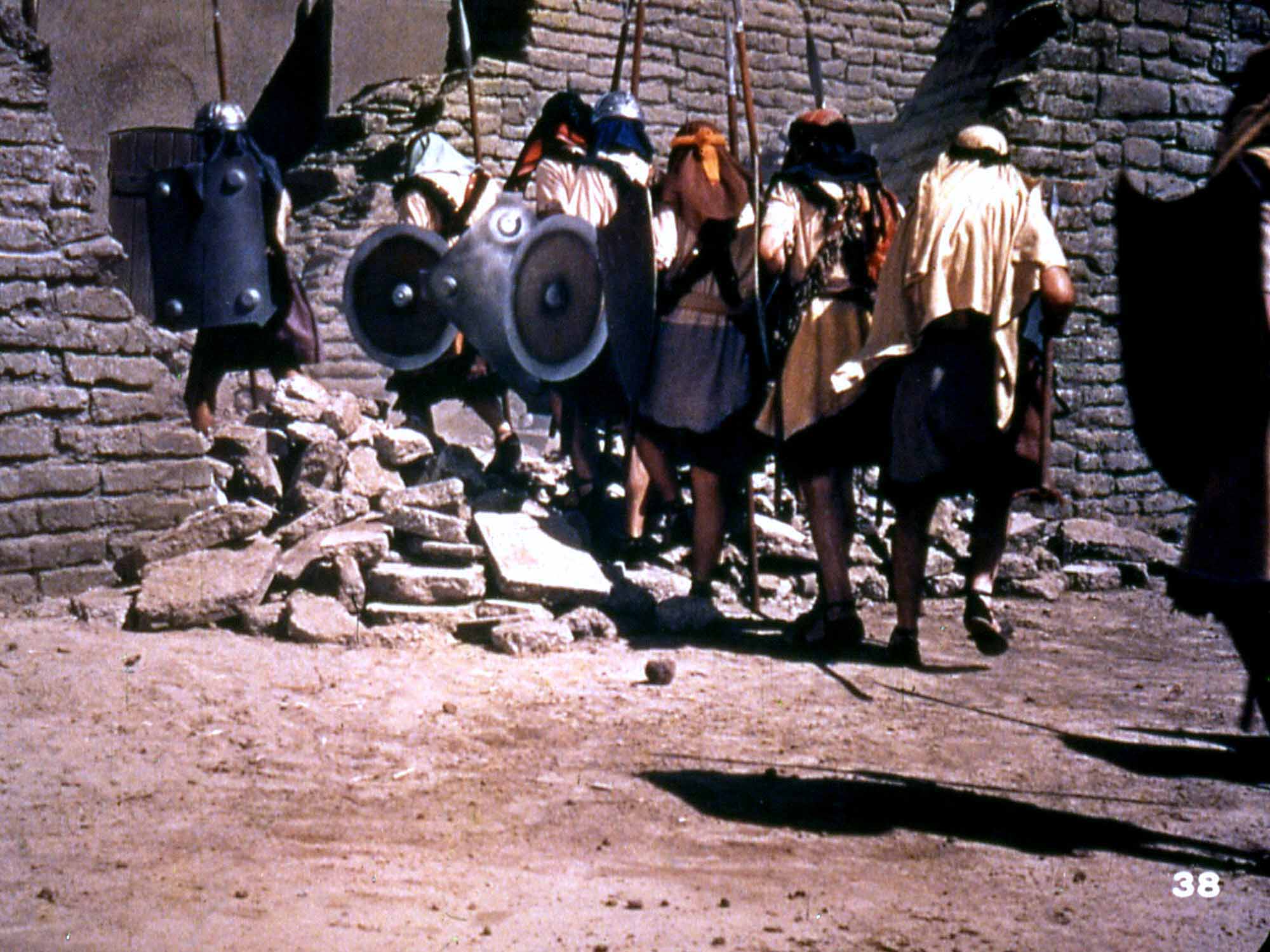
God has worked in history to accomplish His will. Historical deeds, like the capture of walled cities in Canaan by the Israelites, are part of His plan. God has given a written explanation to man. This means that the focus of divine revelation is in the Bible. The Bible is revealed truth in written form. It is a record of God’s own explanation of His revealing of Himself and of His purposes.
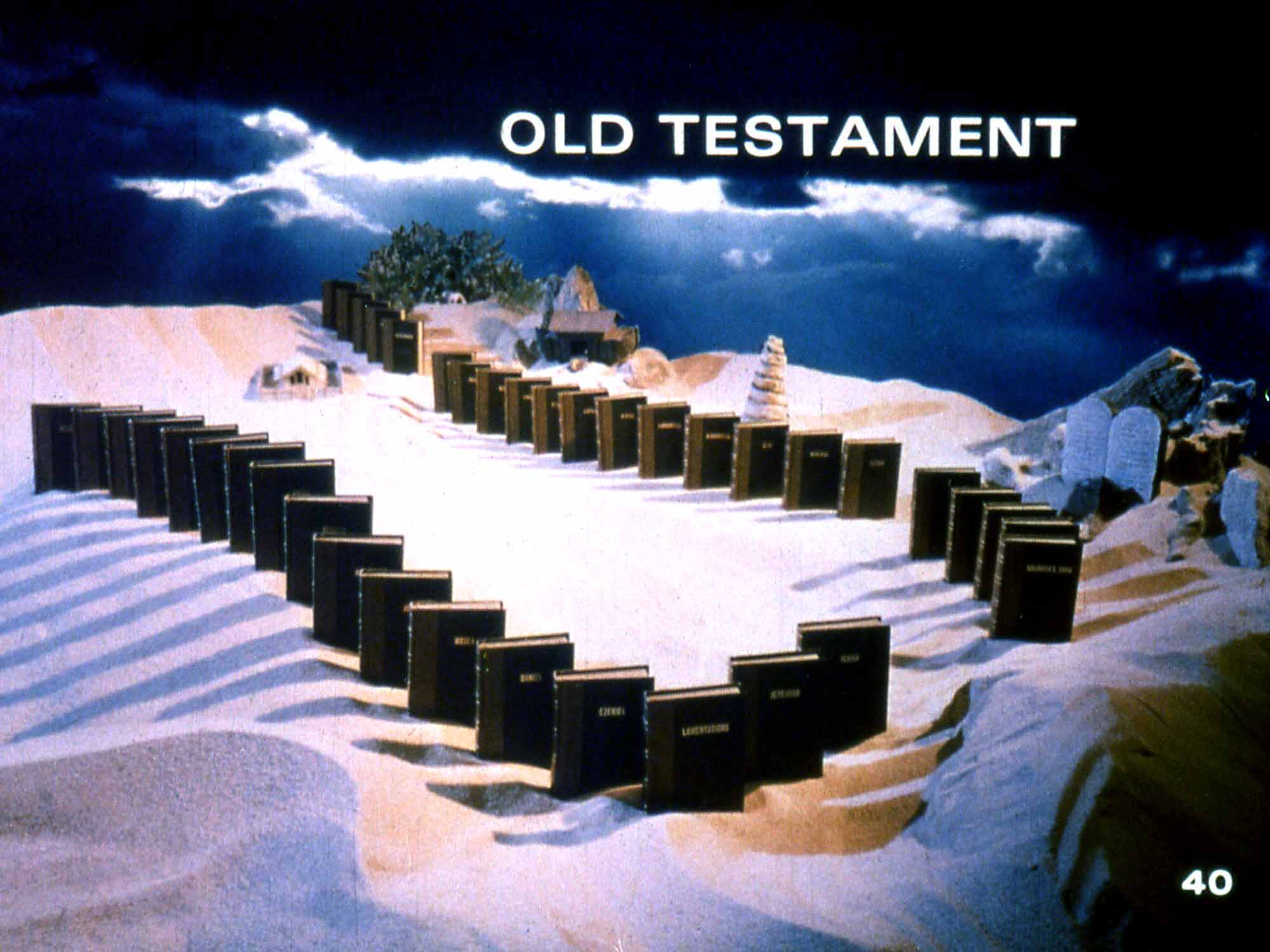
The Old Testament confirms that God revealed Himself to man in the beginning (Genesis 3), He warned Noah of the coming flood in Genesis 6; Spoke to Abraham and his descendants (Genesis 12); He called Moses (Exodus 3); He gave Israel the laws and promises of His covenant (Exodus 20); and He spoke His words to the people through the prophets starting in Jeremiah 1.

The New Testament reminds us that,
in many and various ways God spoke of old to our fathers by the prophets; but in these last days He has spoken to us by a son.Hebrews 1:1-2
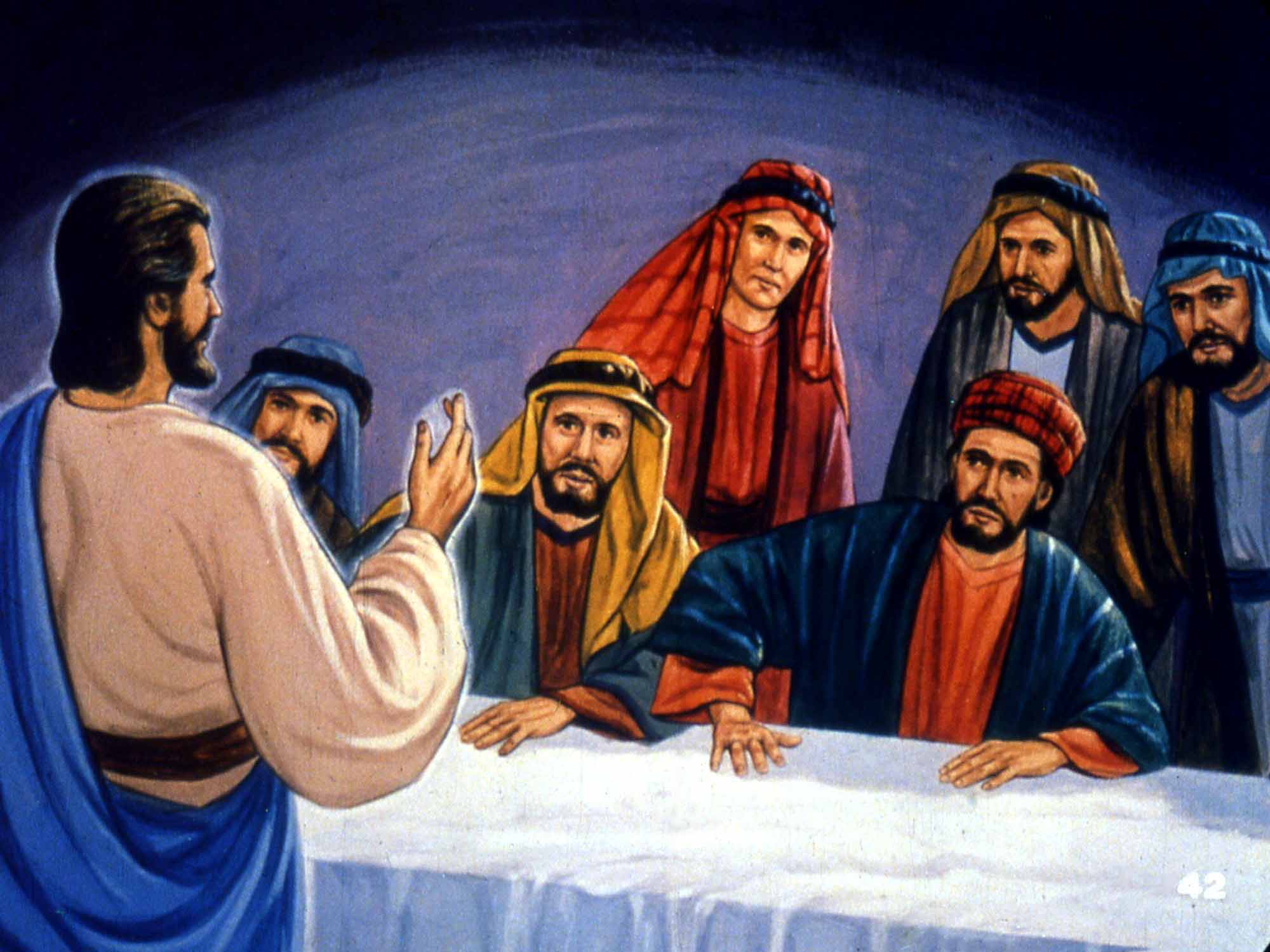
During his time of teaching, Jesus told the apostles what he heard from God the Father. He also promised that He would send the Holy Spirit to the apostles and that the Spirit would guide them into the rest of the truth. Paul confirmed that the gospel had been revealed to him and to the other apostles and prophets by the spirit.
…No prophecy ever came by the impulse of man, but men moved by the Holy Spirit spoke from God.2 Peter 1:20-21
The Bible also says
All scripture is inspired by God and profitable for teaching, for reproof. For correction, and training in righteousness, that the man of God may be complete, equipped for every good work.2nd Timothy 3:16-17

Still, it must be remembered that the New Testament centers around Jesus. It is also the specific message in the scripture that God has spoken in these last days through His Son. (Hebrews 1:1-2) This is His final revelation to man.

But someone might object by saying that this is going in circles and that someone has to assume that the Bible was inspired to prove inspiration. But this is not trying to prove inspiration. It is only an attempt to let the Bible speak about itself.
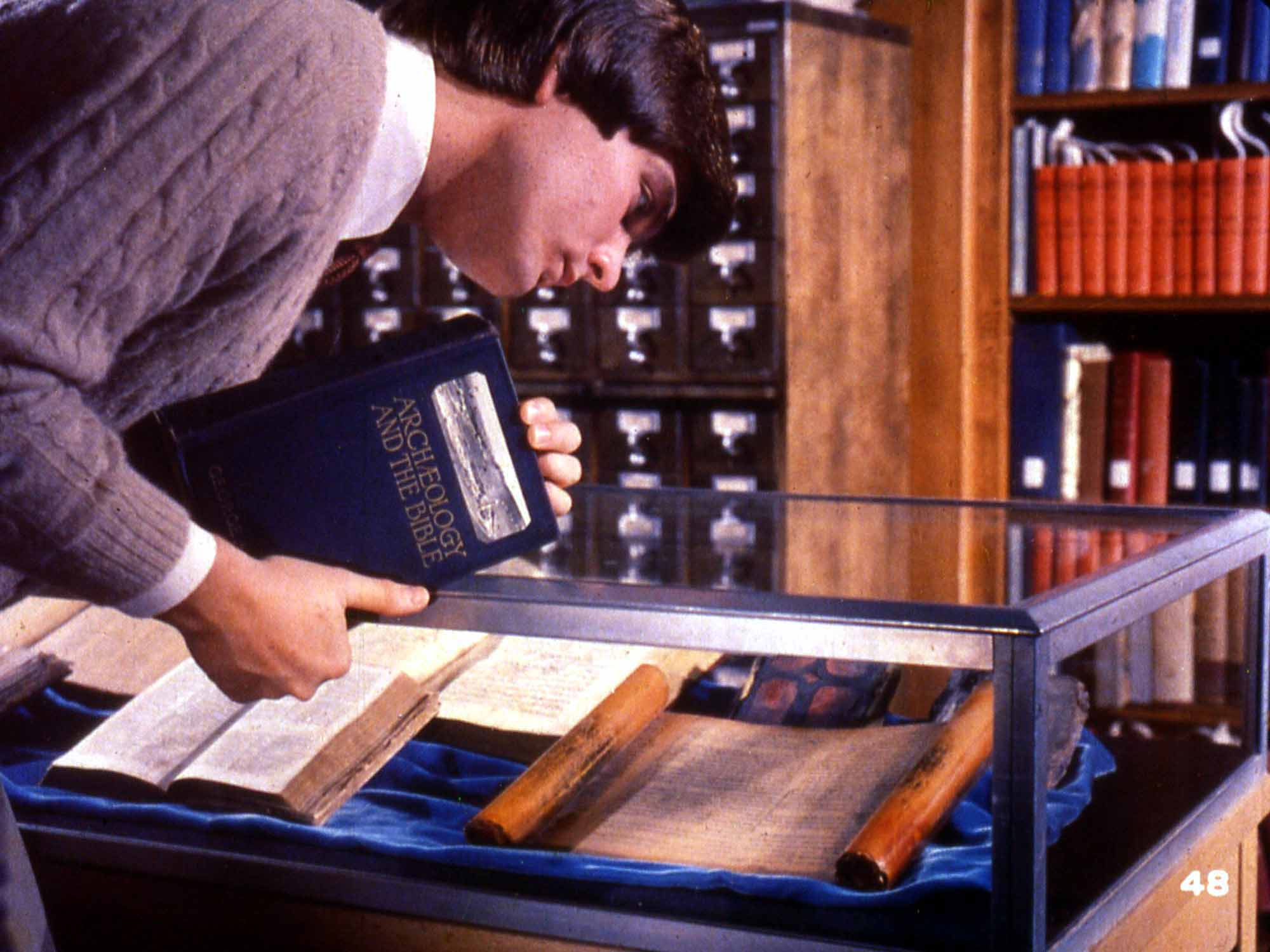
If the Bible manuscripts have been well preserved and go back to the time when the original documents were written, isn’t this in itself unique? Doesn’t this show the importance of the Bible message to those who wrote it down? Then, on the basis of this, doesn’t the Bible deserve to be heard?
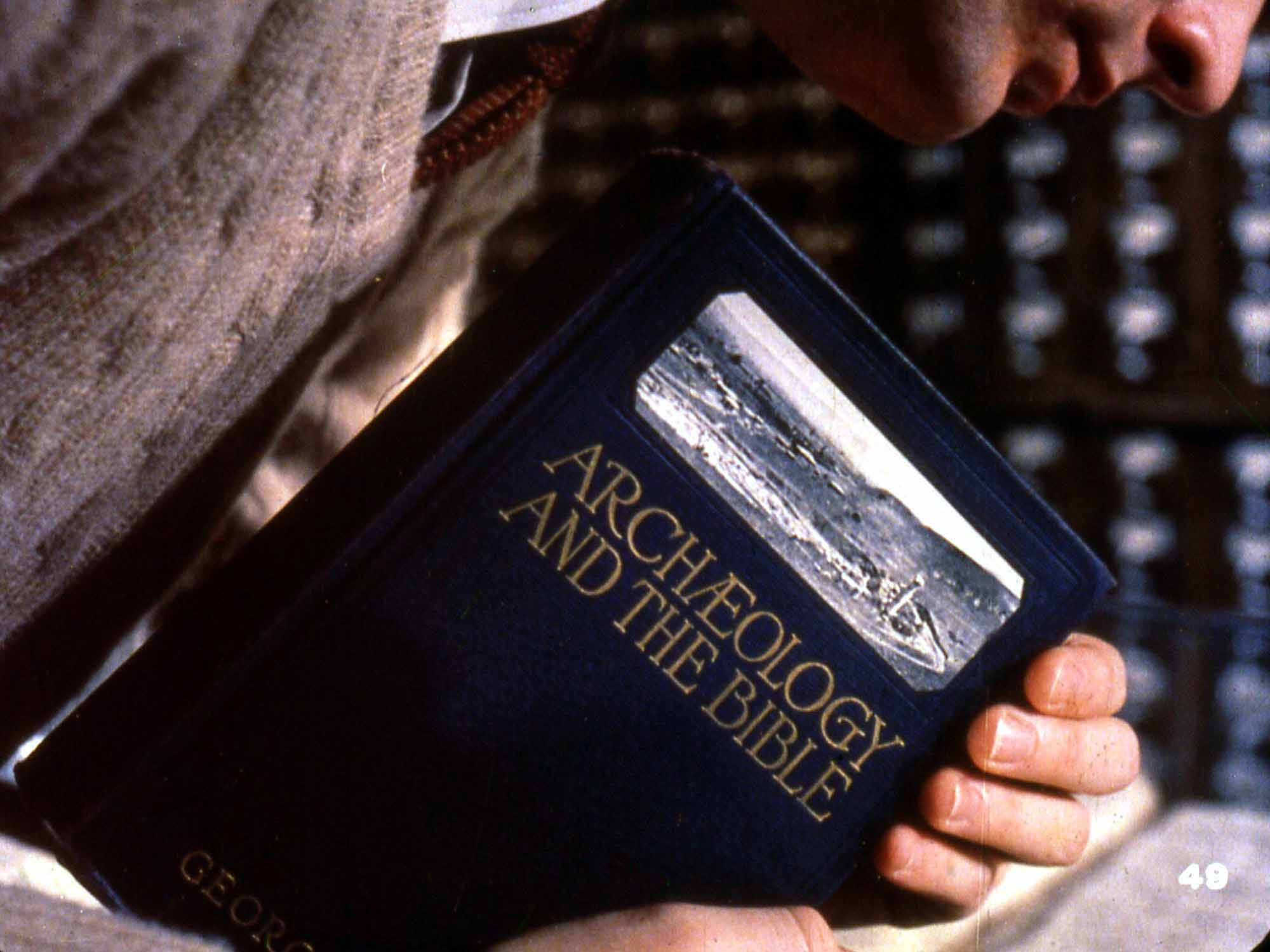
With regards to history, if the Bible is accurate on so many points, if it really has set the Bible, the whole bible, once again at the "center of history,” isn’t it logical to let the Bible speak concerning itself? Are we going to say that the Bible can be trusted only with historical matters and it cannot be trusted on other matters?
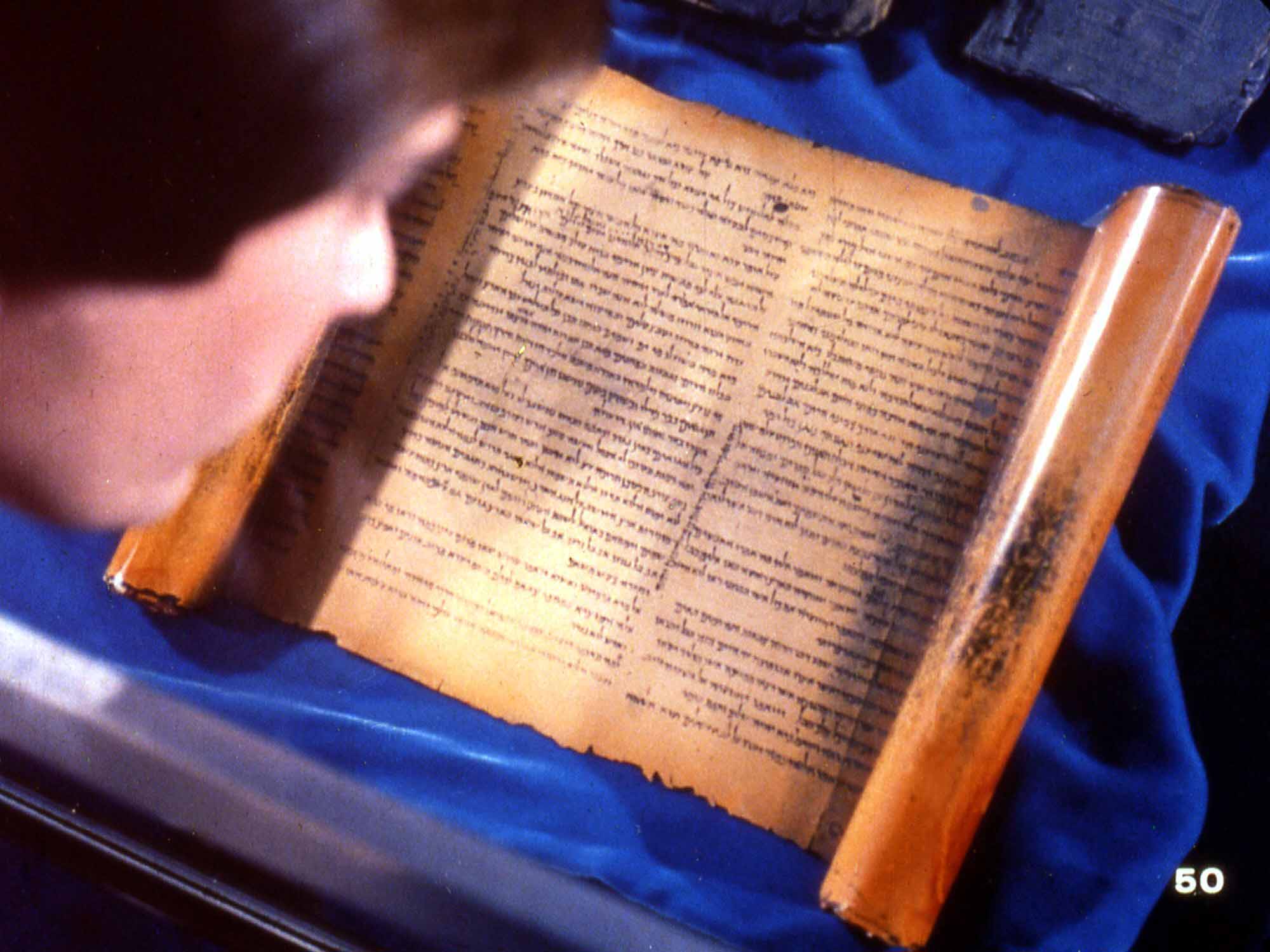
(20) Can we believe the Bible? We believe in many things. Everywhere and at all times faith and belief are in force. The question is not, “Do you believe in something?”, but “What do you believe?".
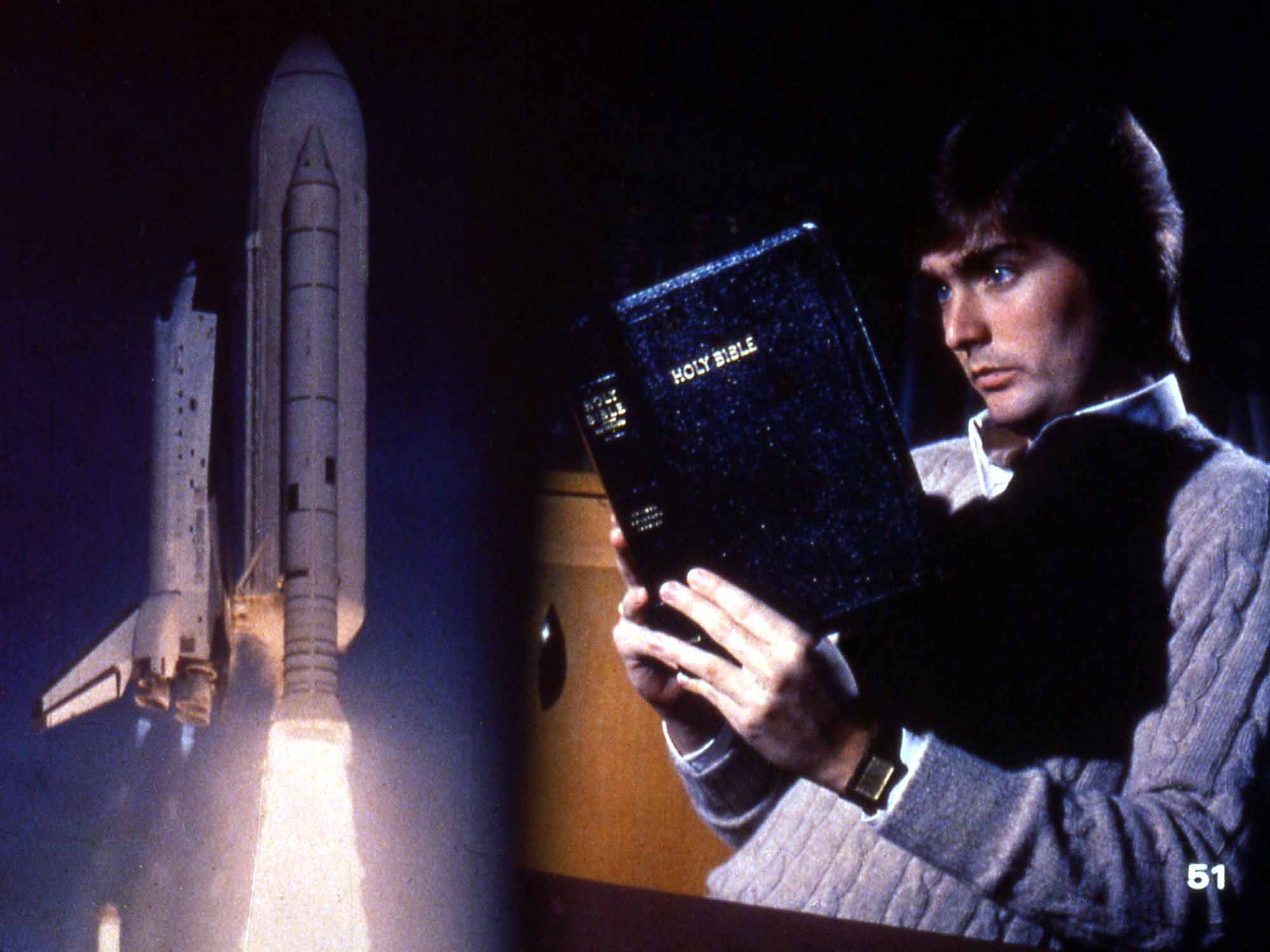
Believing is not a blind jump into the dark. It is more like a conscious choice to walk into the light. Believing the Bible is a walk toward the light, convinced that the evidence is strong and gives us good reasons to believe because of things like the Bible documents, the interaction of archaeology on the Old Testament and New Testament, on historical and scientific difficulties, on the Bible miracles and so forth.
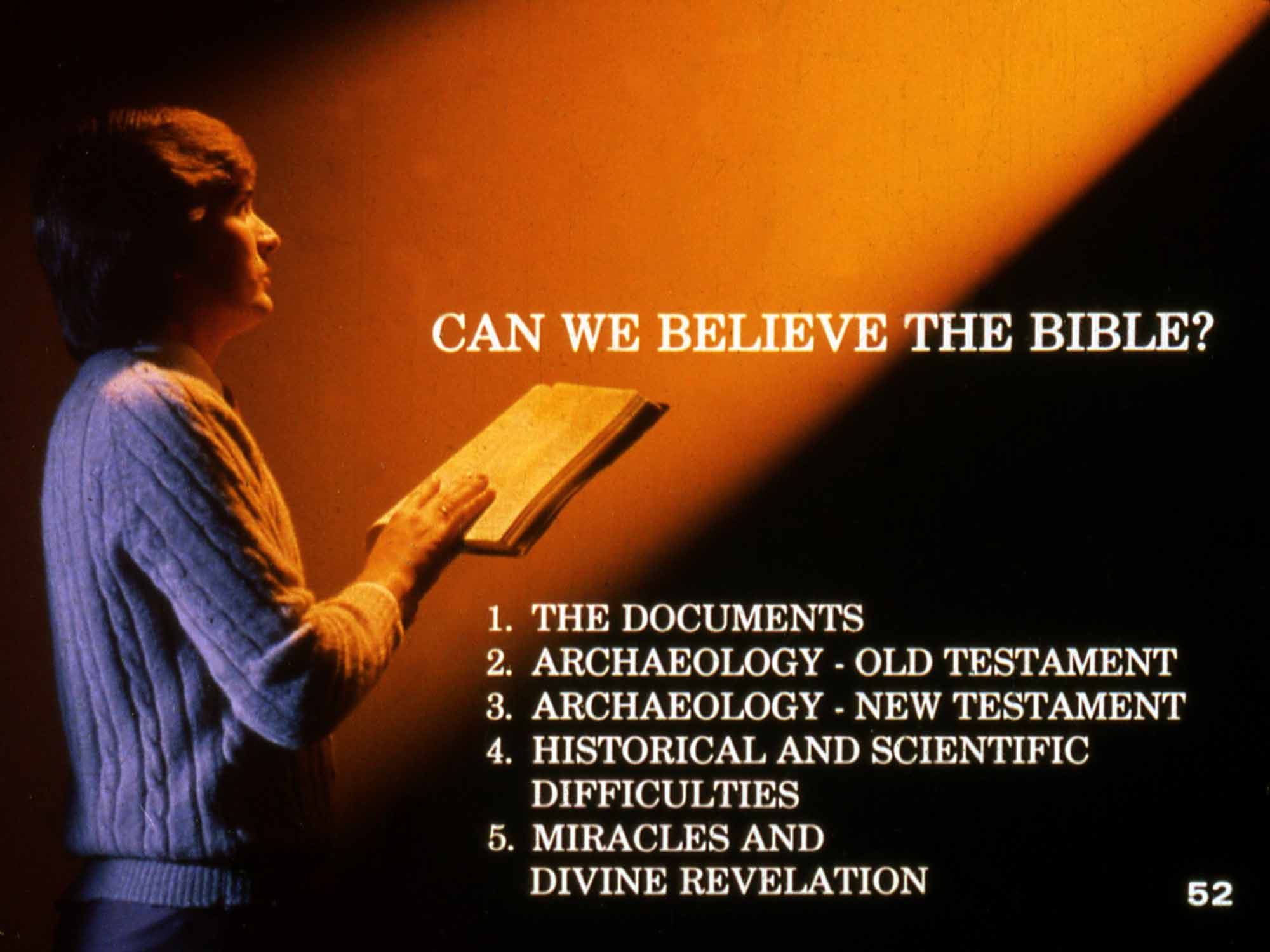
We must remember that the question we are asking in this series of lessons is “Can we believe the Bible?” It is not a question of whether we can prove everything in the Bible and it is definitely not about whether or not we can answer every confusing question every single person might have about the Bible.

Can we believe the Bible? We answer with support of good, solid evidence, “Yes. Of course we can!
Original text and slides from "Can We Believe the Bible?", ©1983 Gospel Services, Inc. Used by permission. Various edits and new audio recordings by the Bible Study Center 2006-2014.
